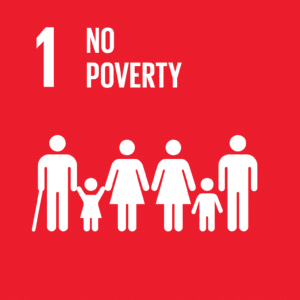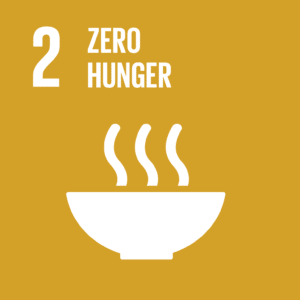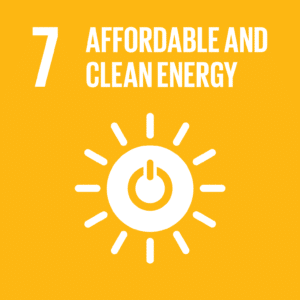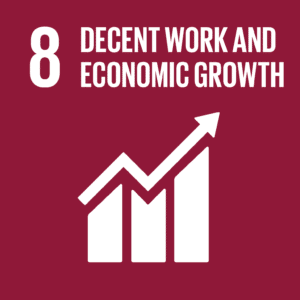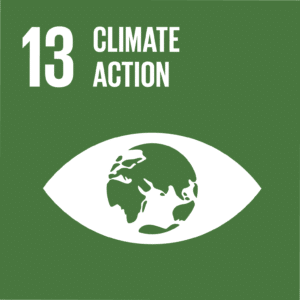Sustainable water management for resilient communities
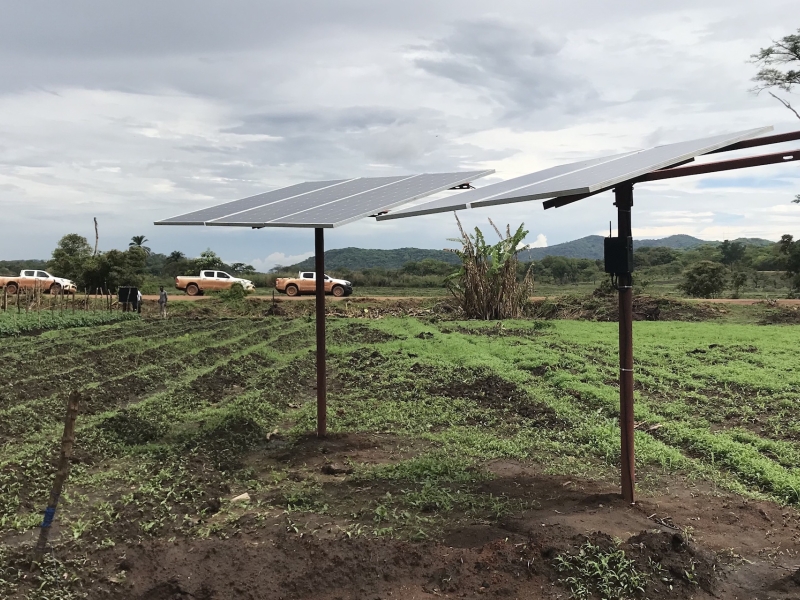
New irrigation techniques for farmers in Tanzania
Tanzania has had six major droughts over the past 30 years. Increasingly erratic weather patterns, rising water demand and other factors have made water scarcity a major problem that is not solely limited to droughts.
Water scarcity is also severely impacting the agricultural activities of rural communities, because existing irrigation techniques are adding to environmental pressures and reducing soil fertility.
New, more efficient irrigation techniques could lead to a significant reduction in water usage. But limited financial means and the lack of access to proper technical and operational knowledge make farmers wary of the investment risk.
Integrated solar-powered drip irrigation systems
The use of integrated solar-powered drip irrigation systems will be demonstrated and scaled up in the Northern and Southern Highlands of Tanzania.
The irrigation system is aimed at smallholder farmers and saves water, energy and labor. In addition to the irrigation technology, training sessions and demonstrations will be given about sustainable, low-tech methods for water saving and retention.
The adverse impacts of increasingly scarce supplies of water will be reduced. It is expected to have a 40% productivity increase for smallholder farmers and a 25% increase in the selling price of crops. At the same time there will be a decreasing dependency on fossil fuels.
At least 700 vegetable and fruit farming households in the Arusha, Kilimanjaro, Mbeya and Songwe regions will use affordable solar-powered drip irrigation and a minimum of 9,000 farmers will be trained on sustainable water management.


Want to know more about this project?

